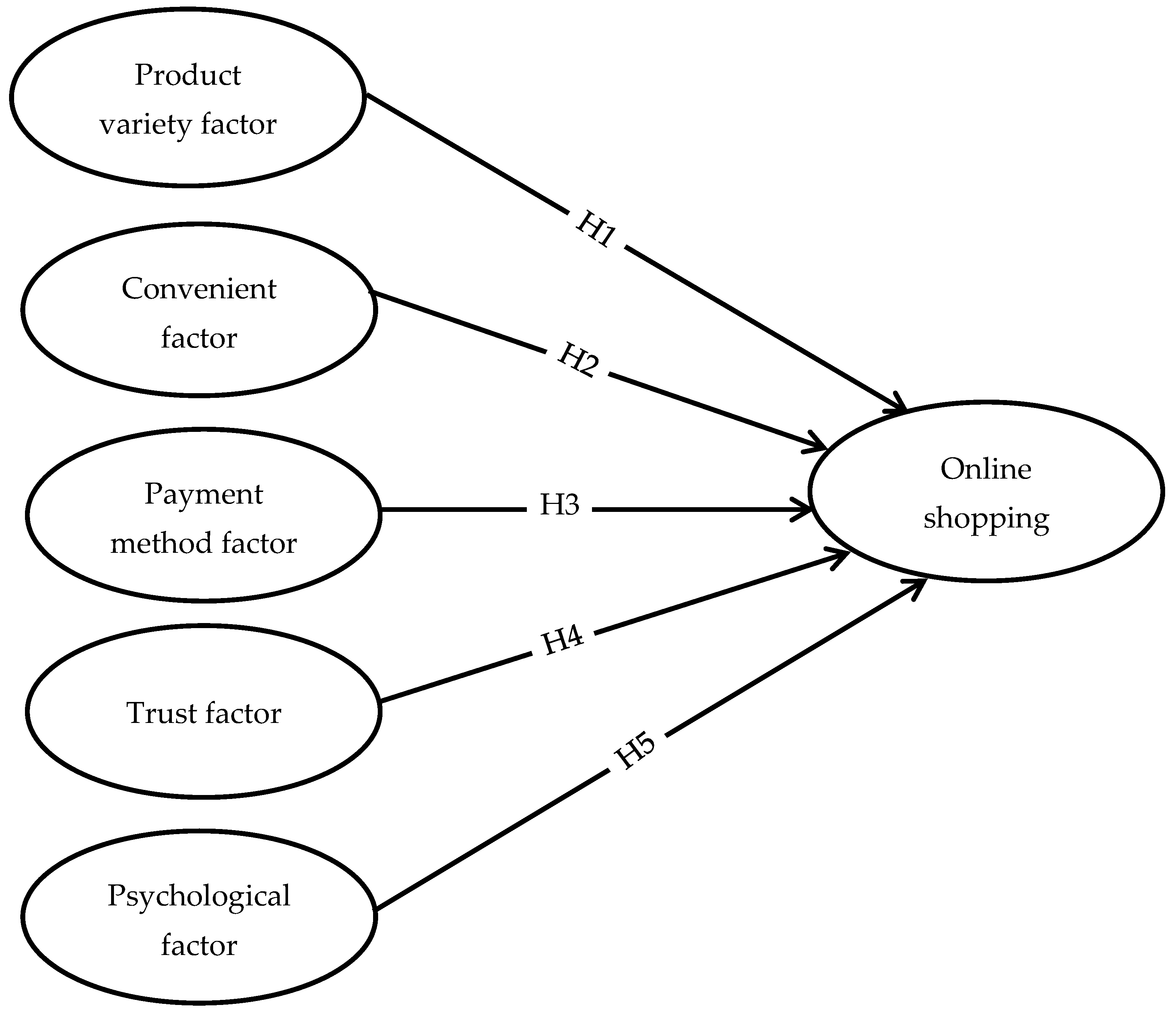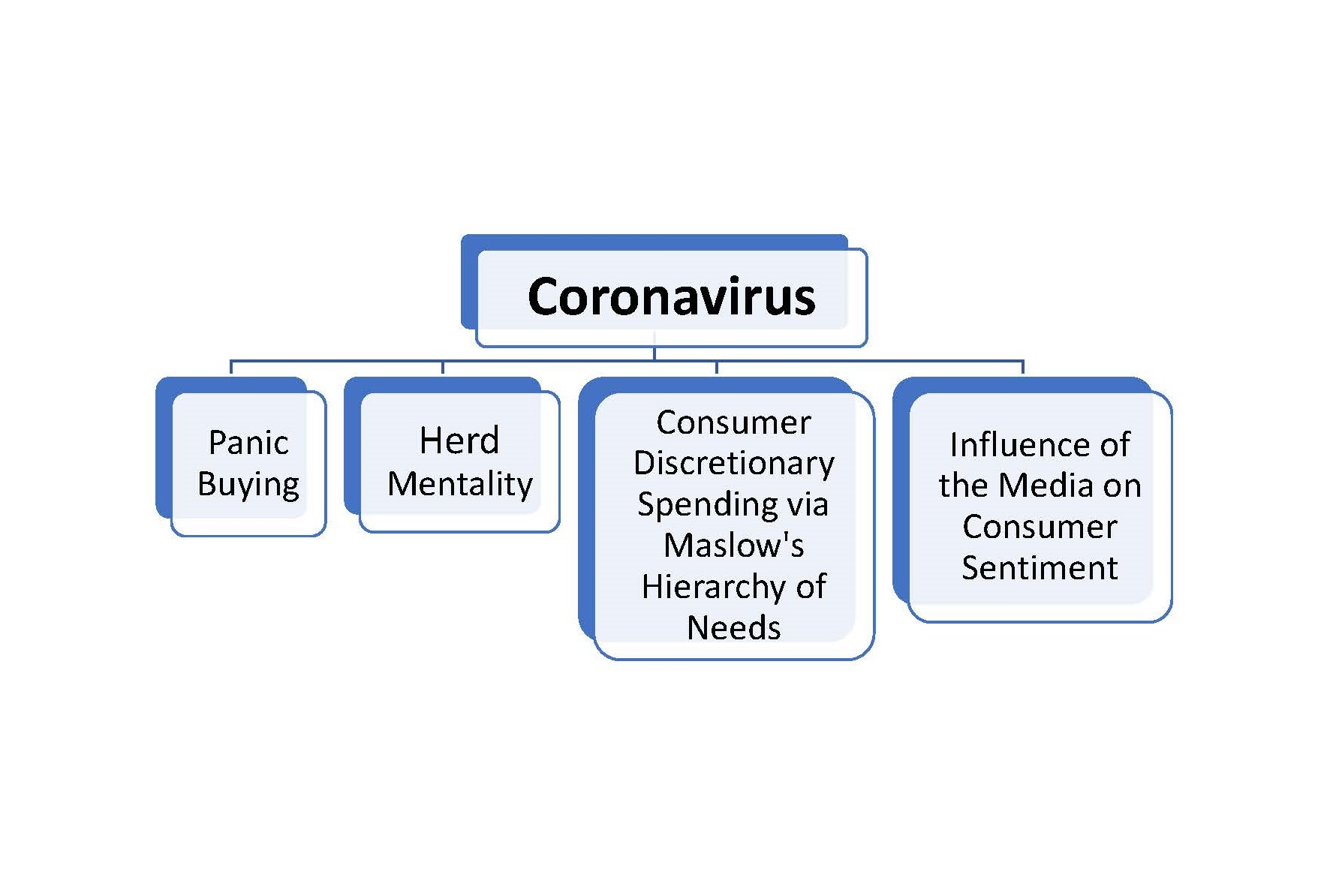Table of Contents
Introduction
Panic buying is a phenomenon where people purchase large quantities of goods, often in response to a perceived threat or uncertainty. It typically occurs during times of crisis, such as natural disasters or pandemics. While panic buying may provide a short-term sense of security, it can have negative consequences for individuals and communities.
Causes of Panic Buying
Several factors contribute to panic buying:
- Fear: Fear of scarcity or an impending crisis drives people to stock up on essential items.
- Media Influence: Sensationalized news reports and social media posts can amplify fear and trigger panic buying.
- Herd Mentality: When people see others engaging in panic buying, they feel compelled to do the same to avoid missing out.
- Perceived Threat: The perception of limited supplies or disruptions in the supply chain can fuel panic buying behavior.

Credit: www.mdpi.com
Effects of Panic Buying
Panic buying can have several negative effects:
| Effects | Explanation |
|---|---|
| Shortages | Panic buying leads to immediate shortages of essential goods. |
| Rising Prices | Increased demand can drive up prices, making it difficult for some individuals to afford necessary items. |
| Unequal Distribution | Panic buying results in uneven distribution, with some individuals hoarding excessive amounts while others struggle to find what they need. |
| Increased Stress | The anxiety surrounding scarcity and panic buying can contribute to heightened stress levels. |
| Strain on Resources | Panic buying places an additional burden on suppliers, causing logistical challenges and delays in restocking. |
How to Avoid Panic Buying
To prevent panic buying, consider the following steps:
- Stay Informed: Rely on reliable sources for information and avoid indulging in sensationalized news.
- Plan Ahead: Create a shopping list based on your needs and stick to it.
- Buy in Moderation: Purchase only what you require for a reasonable period, considering the needs of others in your community.
- Support Local Businesses: During times of crisis, it is important to support local businesses and avoid overburdening larger retailers.
- Practice Empathy: Be considerate of others and avoid hoarding essential items.

Credit: www.mdpi.com
Conclusion
Panic buying is a natural response to fear and uncertainty, but it can have detrimental consequences. By understanding the causes, effects, and taking proactive measures, we can avoid panic buying and ensure a more equitable distribution of resources during times of crisis.
